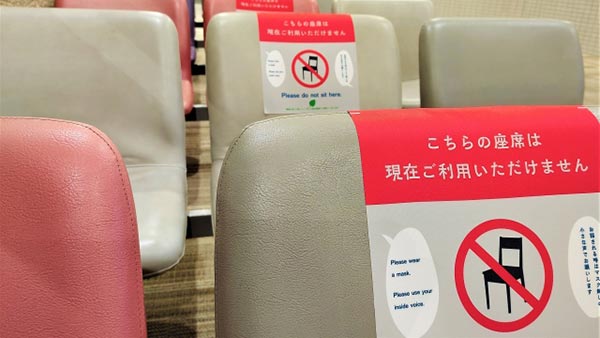Sakura Mentor
Why the Sudden Drop in COVID-19 Cases in Japan?─A Scientific Explanation
Lai Hung Wei
Updated in December 2021
Konnichiwa and salam sejahtera! Prior to their significant reduction in new daily COVID-19 cases, the Japanese government has lifted almost all restrictions, allowing the population to finally be able to return to their pre-pandemic lives. Japan is also planning to re-open its borders for business trips and foreign students with a shorter quarantine period. The success in containing the pandemic is astonishing, resulting in many people remained sceptical to the actual situation of the COVID-19 pandemic. Although many authorities believe the success is due to the highly vaccinated population and proactive self-discipline by the Japanese, I would like to focus on the scientific approach today.
 Pixabay: Pete Linforth
Pixabay: Pete Linforth
Researchers from National Institute of Genetics and Niigata University believed the reason why COVID-19 infection diminished is due to an unintended mutation at a viral enzyme called nsp14. Nsp14 is important in the replication of new virus and the initiate genomic repair of the virus. COVID-19, particularly the delta strain, has high mutating capabilities which allows the virus to escape human immune system and lowers the effectiveness of vaccines. However, this latest mutation of the virus had incapacitated itself, rendering them to be less infectious and to die off relatively easier.
This sharp decline in COVID-19 infectious capabilities have reduced new cases in Japan by 99% within 3 months. However, scientists also warn this may not signify the end of the pandemic and urge the public to continue taking precautions such as keeping personal distance, wearing face masks and constantly washing hands. Scientists believe more time is needed to observe and track the genomic changes in the virus.
 Photo AC: Kiroi Inko
Photo AC: Kiroi Inko







